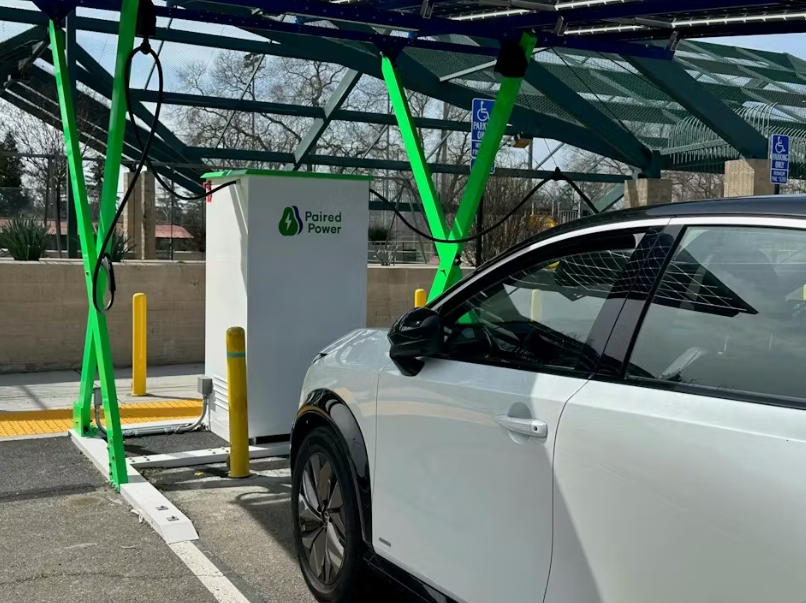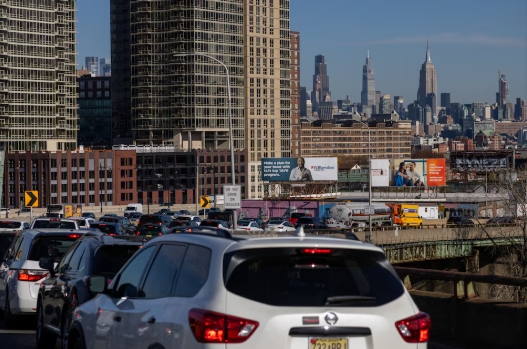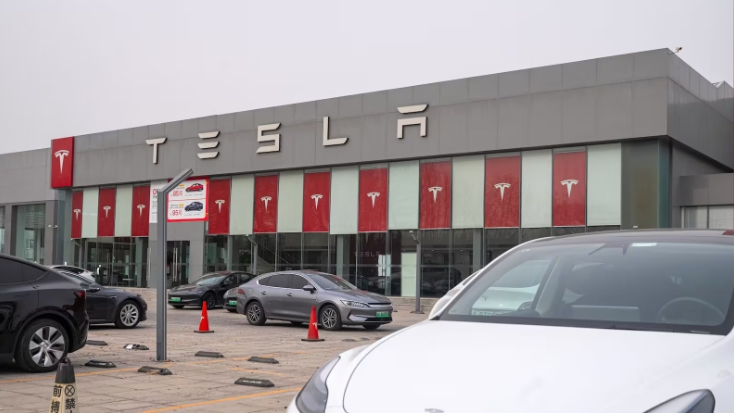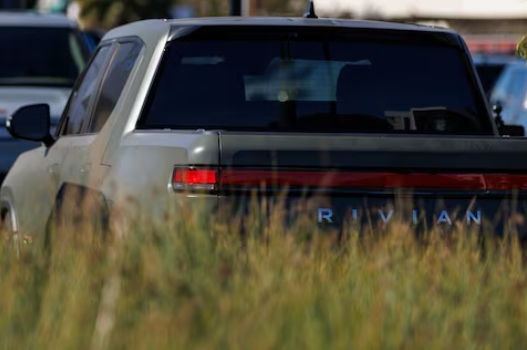Sunflower Electric Power Corp. has abandoned plans to build the $2.8 billion Holcomb Expansion after its partner on the 895-MW coal-fired power plant project in Kansas, Tri-State Generation and Transmission Association, announced it would no longer pursue the project.
Sunflower said on Jan. 15 it will allow the project’s air permit, for which it once fought hard to get—and keep—to lapse when it expires on March 27.
“Fifteen years ago, the price of natural gas was high, and wind generation was in its infancy,” said Stuart Lowry, president and CEO of Sunflower on Wednesday. “At that time, the expansion of Holcomb Station emerged as the best way to meet our members’ long-term needs for generating reliable, affordable energy.
A Slow, Painful Demise
The project got its start in August 2005, when Sunflower, a company that operates under a cooperative business model, filed for a Prevention of Significant Deterioration (PSD) air permit application to add three 700-MW supercritical pulverized coal units to the existing 360-MW Holcomb Station. The project scope was later reduced to two 700-MW units.
In 2007, the company signed a purchase option and development agreement with Tri-State Generation and Transmission Association—a Denver-based power generator owned by 43 electric cooperatives—that required Sunflower to protect the optionality of the project as long as Tri-State chose to pursue the project. Sunflower said it supported Tri-State’s efforts to market the permit to other utilities, including securing two extensions of the air permit.
In October 2007, though the Kansas Department of Health and Environment (KDHE) recommended approval of the Holcomb Expansion PSD permit, the KDHE secretary—acting in line with the administration of then-governor (and later U.S. Secretary of Health for the Obama administration) Kathleen Sebelius (D)—denied the permit based on the level of carbon dioxide emissions from the proposed plant. Between 2007 and 2009, the Kansas Legislature passed four bills to try to force approval of the permit, all of which Sebelius vetoed. In 2009, Sebelius’ successor, Mark Parkinson (D), brokered a bipartisan compromise that allowed Sunflower to resume the permitting process for one 895-MW unit. The project finally received its PSD permit in December 2010, allowing for construction to begin within 18 months.
However, in October 2013 the Kansas Supreme Court invalidated the permit, ruling in favor of the Sierra Club, which had challenged the permit. So, KDHE initiated the process to reissue the permit with modifications in January 2014, and in May that year it issued the permit to Sunflower, re-paving the way for the new supercritical coal plant to begin construction and operation. But the Sierra Club sued again in July 2014, saying the permit still violated the Clean Air Act and Kansas law. And, after much legal back-and-forth, the Kansas Supreme Court in March 2017 upheld the PSD permit.
Tri-State Introduces Responsible Energy Plan
The project ended when Tri-State on Wednesday formally announced it wouldn’t pursue the expansion. Instead, in a change that Tri-State deemed “the most transformative in its 67-year history,” it introduced an energy plan to “dramatically and rapidly advance the wholesale power supply cooperative’s clean energy portfolio and programs to serve its member electric cooperatives and public power districts.”







